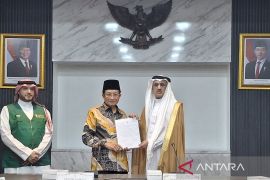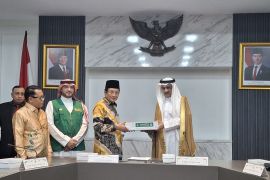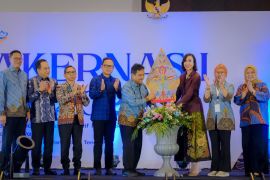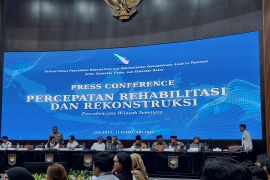"Oil palm plantations ranked first as a producer of pollutants, followed by mining," said Mukri Friatna, head of Walhi`s advocacy department, in Jakarta, on Monday.
Walhi noted that there were 31 pollution cases involving oil palm plantations and 19 cases involving coal mining and seven cases involving gold mining.
The reported pollution cases, according to Friatna, did not include pollution of the Citarum and other urban rivers such as those in Jakarta.
In 2010, there were 75 cases of river pollution including 65 rivers and five marine regions polluted by liquid wastes from private and state-owned companies.
Pollution of those rivers and marine regions had impacted on the high contents of biological oxygen demand (BOD.), chemical oxygen demand (COD) and acidity (PH) surpassing the specified quality standards so that the water is not consumable or able to used.
In addition, the pollution is extremely hazardous on the preservation of the environment as well as becoming a serious threat on human health and safety. The high level of pollution that surpassing quality standards can kill fish, marine biota and other micro organism due to the absence of oxygen.
Out of the whole pollution cases, according to Friatna, only 14 cases that had been brought to courts, despite the law on the environment protection and management, Law Number 32 Year 2009, outlines a very clear regulation on such matters.
The law stipulates that legal actions can be taken against polluters both due to negligence and especially on purpose. The law also stipulates the government as the party is punishable if it does not take the specified action.
Walhi recommends that government regulation number 27 year 2007 on the analysis of environmental impacts (Amdal) be revised to make it stronger. In addition, the strategic studies on the environment must soon be issued.(*)
Editor: Heru Purwanto
Copyright © ANTARA 2011











